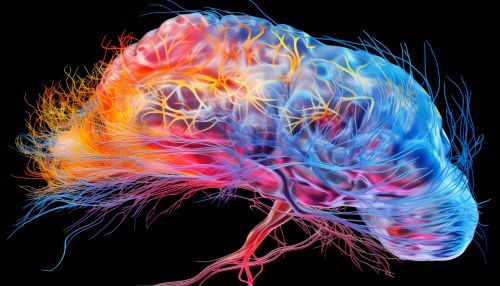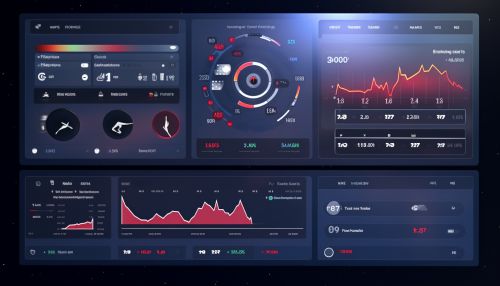Cognitive Mechanisms of Anticipatory Planning
Introduction
Cognitive mechanisms of anticipatory planning are the mental processes that enable us to predict, prepare, and strategize for future events. This complex cognitive function involves various neurological processes, including memory, attention, and executive functions. It is a crucial aspect of human cognition, playing a significant role in our daily activities and long-term goals.


Cognitive Mechanisms Involved in Anticipatory Planning
Anticipatory planning is a multifaceted cognitive process that involves several interconnected cognitive mechanisms. These mechanisms work in tandem to facilitate our ability to anticipate future events and plan accordingly.
Memory
Memory plays a vital role in anticipatory planning. It allows us to store and retrieve information about past experiences, which we use as a basis for predicting and planning for future events. There are different types of memory involved in this process, including episodic memory, semantic memory, and procedural memory.
Attention
Attention is another crucial cognitive mechanism involved in anticipatory planning. It allows us to focus on relevant information and ignore irrelevant distractions. This selective focus is essential for effective planning as it enables us to concentrate on the tasks at hand and the steps needed to achieve our goals.
Executive Functions
Executive functions are higher-order cognitive processes that control and manage other cognitive functions. They are central to anticipatory planning, enabling us to organize, prioritize, and execute our plans. Key executive functions involved in anticipatory planning include working memory, cognitive flexibility, and inhibitory control.
Role of Anticipatory Planning in Everyday Life
Anticipatory planning plays a key role in our everyday life, enabling us to navigate complex tasks and achieve our goals. It is involved in various daily activities, from simple tasks like preparing a meal to more complex tasks like planning a trip or managing a project.
Preparing a Meal
When preparing a meal, we use anticipatory planning to decide what to cook, gather the necessary ingredients, and sequence the cooking steps. This process involves memory (recalling recipes), attention (focusing on the task), and executive functions (organizing and executing the plan).
Planning a Trip
Planning a trip involves a more complex use of anticipatory planning. We need to consider various factors, such as the destination, travel dates, accommodation, transportation, and activities. This process requires extensive use of memory (recalling past travel experiences), attention (researching and comparing options), and executive functions (making decisions and organizing the trip).
Managing a Project
In project management, anticipatory planning is crucial for success. It involves setting goals, defining tasks, allocating resources, and monitoring progress. This process requires a high level of executive functions, including problem-solving, decision-making, and strategic planning.


Anticipatory Planning in Cognitive Disorders
Anticipatory planning can be affected by various cognitive disorders, including Alzheimer's disease, attention-deficit/hyperactivity disorder (ADHD), and autism spectrum disorder (ASD). These disorders can impair the cognitive mechanisms involved in anticipatory planning, leading to difficulties in daily activities and goal attainment.
Alzheimer's Disease
In Alzheimer's disease, anticipatory planning is often impaired due to memory loss and executive dysfunction. Individuals with Alzheimer's may struggle with tasks that require planning, such as cooking or managing finances.
Attention-Deficit/Hyperactivity Disorder
Individuals with ADHD often have difficulties with anticipatory planning due to impairments in attention and executive functions. They may struggle with tasks that require sustained attention and organization, such as studying or completing a project.
Autism Spectrum Disorder
In ASD, anticipatory planning can be challenging due to difficulties with executive functions and social cognition. Individuals with ASD may struggle with tasks that require planning and flexibility, such as social interactions or transitions between activities.
Conclusion
Anticipatory planning is a complex cognitive process that involves various cognitive mechanisms, including memory, attention, and executive functions. It plays a crucial role in our everyday life, enabling us to navigate complex tasks and achieve our goals. Understanding the cognitive mechanisms of anticipatory planning can provide insights into human cognition and inform interventions for cognitive disorders.
